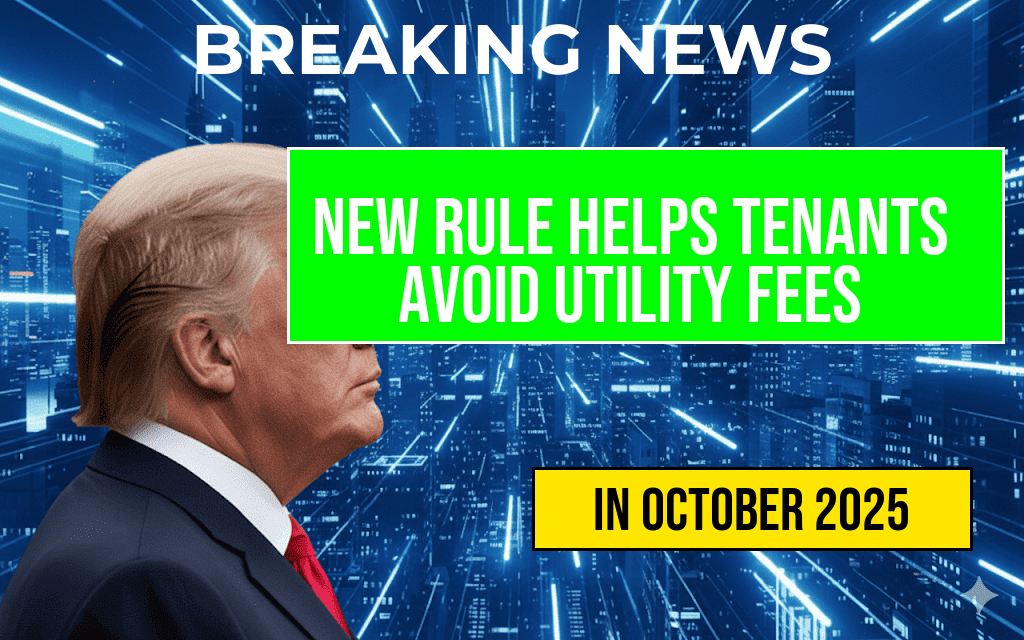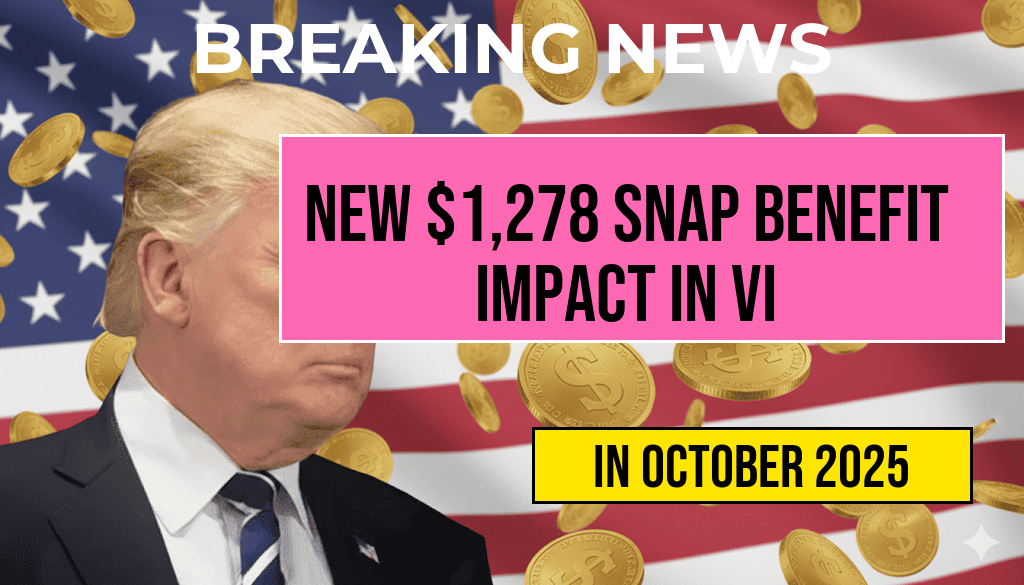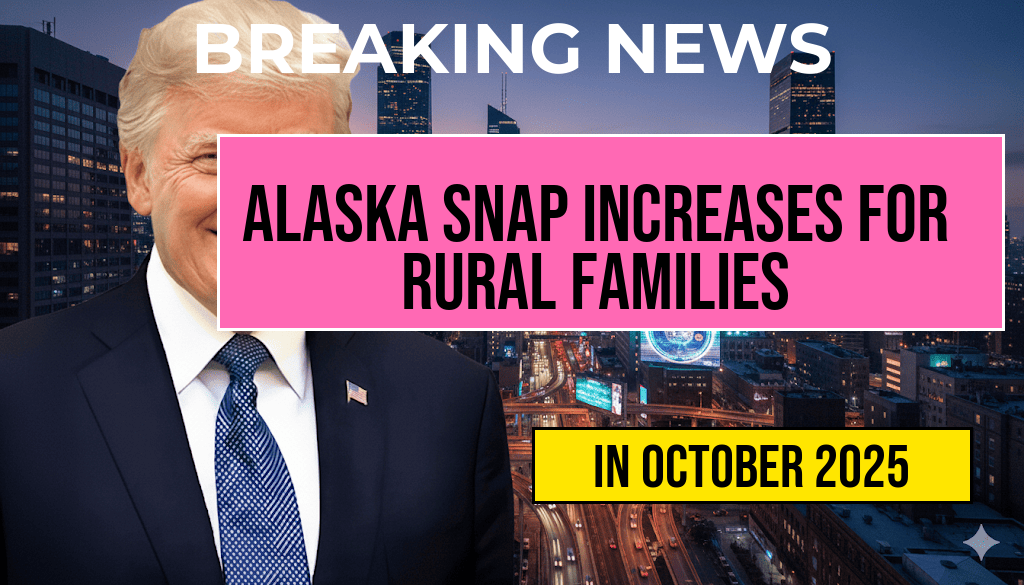In a significant move aimed at protecting renters in Washington, D.C., local officials have introduced a new rule requiring landlords to provide advance notice before utility shutoffs. This policy, which takes effect next month, is designed to help tenants avoid unexpected fees ranging from $200 to $500, which can arise when utilities are cut off due to non-payment. The rule stipulates that landlords must notify tenants at least 10 days in advance of any planned utility shutoff, giving them ample time to address any outstanding payments or disputes. Advocates for tenant rights view this as a crucial step in promoting housing stability and financial fairness, especially in a city where many residents are already grappling with the rising cost of living.
Understanding the New Rule
The D.C. Council unanimously passed this regulation, driven by concerns over the financial strain that sudden utility shutoffs can impose on low-income families. The rule aims to ensure that tenants are not left in the dark—literally and figuratively—without prior warning. Under the new guidelines, landlords are also required to inform tenants about the specific reasons for the shutoff, creating greater transparency in the landlord-tenant relationship.
Impact on Tenants
The impact of unexpected utility shutoffs can be severe, leading to not just financial penalties but also detrimental effects on health and safety. Many tenants rely on essential services like electricity, water, and gas for daily living. The new notice requirement is expected to alleviate some of this burden, allowing tenants the opportunity to rectify any issues before services are halted.
- Increased Awareness: Tenants will be more informed about their payment status.
- Financial Relief: Avoidance of hefty fees associated with sudden shutoffs.
- Improved Communication: Clarity in the reasons behind utility shutoffs.
Reactions from Stakeholders
Reactions to the new rule have been largely positive. Tenant advocacy groups have expressed their approval, emphasizing that the advance notice requirement will help prevent the cycle of debt that often accompanies utility shutoffs. According to a spokesperson from the National Consumer Law Center, this change is a “victory for renters” that addresses a long-standing issue in the community.
Landlords, however, have voiced concerns about the potential administrative burden this regulation may impose. They argue that the 10-day notice period could complicate their operations and delay necessary actions when tenants fail to pay their bills. Despite these concerns, many landlords recognize the need for greater tenant protections in the current economic climate.
Comparative Analysis
This new rule aligns with similar regulations in other major cities across the United States. In New York City, for instance, landlords must provide written notice at least 30 days before a utility shutoff, while California mandates a 15-day notice. By implementing a 10-day notice requirement, D.C. is positioned to enhance its tenant protections while balancing the needs of landlords.
| City | Notice Period |
|---|---|
| Washington, D.C. | 10 days |
| New York City | 30 days |
| Los Angeles, CA | 15 days |
| Chicago, IL | 14 days |
Looking Ahead
As the D.C. Council prepares for the implementation of this rule, advocates are closely monitoring its effects on both tenants and landlords. The focus will be on how effectively this policy can mitigate the financial risks associated with utility shutoffs. It remains to be seen whether additional regulations may follow if this initiative proves successful, further bolstering protections for renters in the District. With rising living costs and economic uncertainty, the emphasis on housing security is more critical than ever.
For further information on tenant rights and utility regulations, visit the U.S. Department of Housing and Urban Development website.
Frequently Asked Questions
What is the new DC notice rule regarding utility shutoffs?
The new DC notice rule requires landlords to provide tenants with advance notice before any utility shutoffs. This aims to help tenants avoid unexpected fees that can range from $200 to $500.
How will this rule benefit tenants?
This rule will benefit tenants by ensuring they are informed in advance about potential utility shutoffs, allowing them to address issues before incurring costly fees.
What types of utilities does the notice rule apply to?
The notice rule applies to essential utilities, including electricity, water, and gas, which are critical for tenants’ daily living conditions.
When will the new notice rule take effect?
The implementation date for the new notice rule has not been specified, but it is expected to be enforced soon to provide immediate relief to tenants facing utility shutoff issues.
What should tenants do if they receive a shutoff notice?
If tenants receive a shutoff notice, they should contact their landlord immediately to discuss the situation and explore options to prevent the shutoff from occurring.








